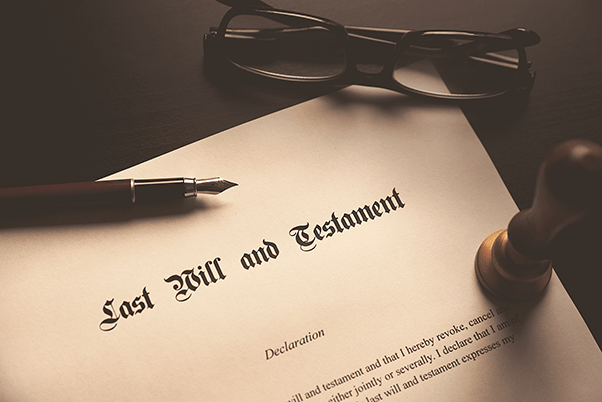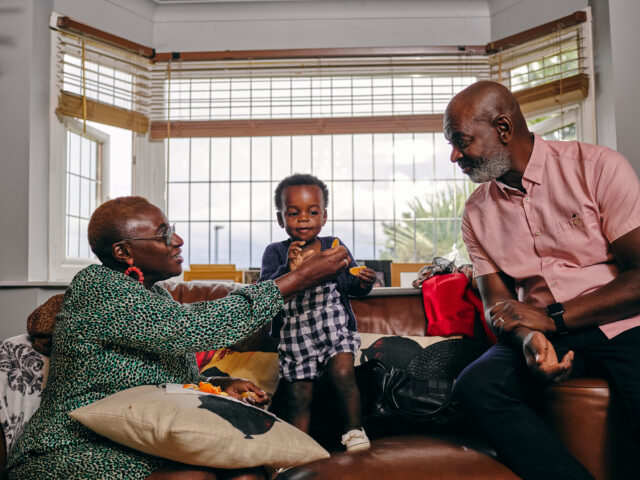
Blacks and Hispanics Often Lack Wills but Need Them
The number of U.S. households ages 70 and over who have written a will has been dropping for at least 20 years, to about two-thirds today.
But a new study that looks under the hood of estate planning in this country shows that the matter of whether someone has a will often comes down to race: older Black and Hispanic households are much less likely to have them than non-Hispanic Whites.
The researchers also confirm that having a will is crucial to the successful transfer of a meaningful amount of wealth to one’s intended heir or heirs. In this way, wills can be an effective way to ensure that intergenerational wealth is being preserved and passed on within Black and Hispanic families.
But the use of wills is in decline amid dramatic changes in the attitudes and practices around marriage. The alternative to a will – antiquated state intestacy laws – can be problematic in modern families.
The laws generally distribute estates first to a surviving spouse, followed by descendants, then parents, siblings, and other relatives. This order of succession doesn’t always match up with the growing number of families with single heads of households or with unmarried cohabitating parents.
The best example of why wills are so important is in the dispensation of a deceased person’s house, which is, in most cases, an estate’s largest asset. Without a will, small fractions of the house’s value may be distributed to multiple heirs, including unintended heirs, under the dictate of state laws. Problems can also arise if the partial owners have a toxic relationship, if some of them have been living in the deceased person’s house, or if the heirs do not agree on how to maintain the property or whether to sell it.
Hispanics and non-Hispanic Blacks are much less likely than Whites to have received any kind of inheritance for the obvious reason: the families have less wealth to pass on. But the negative impact of fractured estates is greater for Blacks and Hispanics. For example, Blacks who do receive inheritances get $75,000 less, on average, than White heirs of similar socioeconomic status.
So what is required to ensure that bequests are directed to the deceased person’s intended beneficiaries and that they get as much as they’re entitled to? A will. The researchers find that people who write up wills are more likely to leave a bequest.
Wills that keep estates intact and distribute larger estates to the intended targets are an important step to ensure that intergenerational wealth is passed on in amounts that can make a difference in a Black or Hispanic family’s finances.
Squared Away writer Kim Blanton invites you to follow us on Twitter @SquaredAwayBC. To stay current on our blog, please join our free email list. You’ll receive just one email each week – with links to the two new posts for that week – when you sign up here. This blog is supported by the Center for Retirement Research at Boston College.
Comments are closed.







Wills and Trusts are both very important, but many assets or forms of property are not governed by the will. Many assets pass through beneficiary designations, including retirement accounts, pension plans, life insurance, and real estate passes by Title. In fact, the largest amount of wealth transferred at death is not through a will. A will is important, but other transfer structures are equally or more important. Many wills are in conflict with these other transfer structures.
The bottom line is wealth transfer requires coordination and integration of everything.